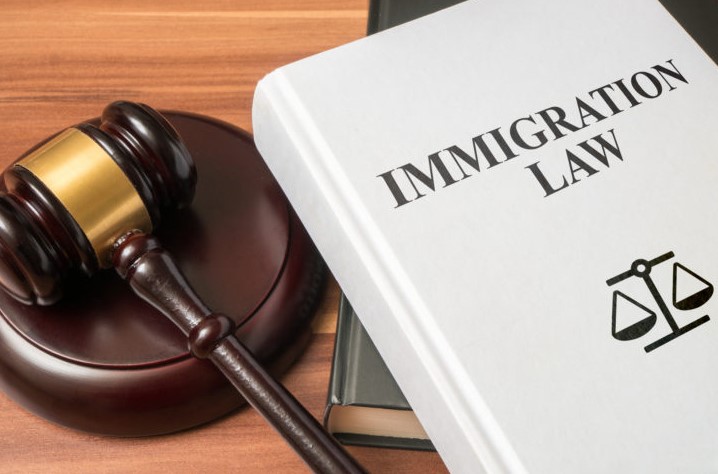
Recognizing the Legal Difficulties in LGBTQ Divorce
Table of Contents
- The History of LGBTQ Marriage and Divorce Legislation
- Critical Considerations for LGBTQ Couples Facing Divorce
- Navigating State Variations in LGBTQ Divorce Proceedings
- The Financial Implications of LGBTQ Divorce
- The Emotional Impact of Divorce on LGBTQ Individuals
Key Takeaways
- Navigating the unique legal landscape for LGBTQ divorce requires understanding the historical context and current legislation.
- Financial, emotional, and legal considerations are integral to achieving a fair outcome for all parties involved.
- Professional guidance and supportive resources are crucial for managing the complexities of the divorce process within the LGBTQ community.
The History of LGBTQ Marriage and Divorce Legislation
The legislative journey towards full recognition of same-sex marriages is a testament to the resilience of the LGBTQ community and its allies. The transition from outright prohibitions to gradual legalization across various jurisdictions illustrates a shift in societal values towards inclusivity. The Supreme Court’s historic decision in Obergefell v. Hodges (2015), which established marriage equality in all 50 states and a precedent for divorce procedures to recognize same-sex unions, marked the culmination of this change in the legal landscape. The evolution of same-sex marriage laws has necessitated adaptive legal frameworks to support the dissolution of these marriages, should they arise. The ongoing development of these frameworks underscores the significance of equitable treatment under the law, ensuring that LGBTQ couples have access to the same legal recourse and protections as their heterosexual counterparts.
However, these strides in legal recognition come with their challenges. Some states were quicker to adapt their divorce statutes post-legalization, while others needed to catch up, creating discrepancies in how same-sex divorces are handled nationwide. Attorneys and lawmakers continue to grapple with these issues, working to harmonize laws to reflect the diversity and needs of modern families.
Critical Considerations for LGBTQ Couples Facing Divorce
Divorce can be complicated for LGBTQ couples. Asset division, debts, and custody arrangements can pose unique challenges. Factors like cohabitation before legal marriage and non-biological parental bonds can further complicate the process.
When discussing the procedural aspects of divorce, elements such as alimony, child support, and the enactment of pre-existing prenuptial agreements come under scrutiny. These elements demand close examination to ensure that settlements fairly reflect each partner’s contribution to the marriage and the shared life that is being dissolved. For example, a comprehensive settlement agreement Brick, NJ, would provide a framework for these discussions, ensuring clarity and mutual understanding between parties and minimizing potential conflicts.
Navigating State Variations in LGBTQ Divorce Proceedings
State laws governing LGBTQ divorce vary significantly, which means that the outcome of a divorce can differ considerably depending on the state. Legal challenges related to recognizing marital status can arise for couples who have moved across state lines. Seeking professional legal guidance is crucial to navigating the maze of regulations and ensuring an equitable settlement. An attorney experienced in LGBTQ family law can help mitigate the stress and uncertainty of the divorce process.
The Financial Implications of LGBTQ Divorce
Divorce involves financial considerations, including spousal support, tax matters, and asset distribution. Determining a fair level of support can be complicated, especially in LGBTQ relationships, where contributions can vary. Tax-efficient divorce planning requires careful consideration and consulting with tax professionals.
The Emotional Impact of Divorce on LGBTQ Individuals
The emotional journey of divorce can be arduous, with feelings of loss, confusion, and betrayal emerging as common themes across the spectrum of dissolving marriages. For LGBTQ individuals, these emotions may intersect with societal stigma and personal struggles with identity, thereby amplifying the emotional toll. Adequate support through friends, family, counseling, and structured support groups becomes paramount to address these challenges effectively. Seeking therapeutic assistance to work through the myriad of emotions is not a sign of weakness but a step towards healing and self-empowerment. As the LGBTQ community faces unique stressors during divorce, accessing resources geared toward their needs is essential in fostering resilience and recovery. Emotional support not only eases individual suffering but also assists in maintaining a focused and constructive approach to the logistics of the divorce proceedings.




